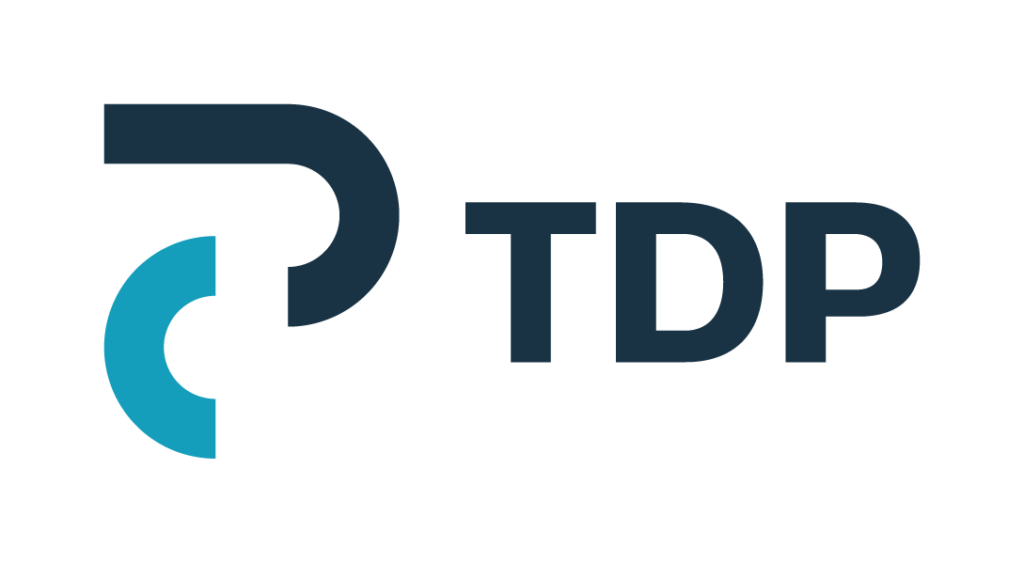Your tax burden could be significantly reduced if you have a dependant with a disability. Many South Africans living with disabilities are unaware of the tax benefits available to them. Even people who do claim, may not be getting the maximum possible credits. It is therefore very important to understand the SARS definition of a disability, as well as the types of expenses that may be claimed to reduce your tax burden.
What does SARS define as a disability?
SARS defines a disability as a moderate to severe limitation (restriction/constraint) of a person’s ability to perform daily activities, or to function. A disability would be the result of a mental/intellectual, sensory, physical or communication impairment.
A disability is dependent on how a person’s ability to perform normal daily activities is impacted. This generally includes functions/aspects such as walking, speaking, thinking, understanding, memory, social interaction, performing at school or work, as well as general self-care.
The condition (disability) has to be permanent. The effects of the disability or impairment must remain moderate to severe – even after the maximum amount of treatment or therapy have been received.
Lastly, the condition (disability) has to be confirmed/verified by a relevant and registered healthcare practitioner, who must complete the prescribed SARS documentation.
For tax purposes, disabilities also include conditions such as attention-deficit/hyperactivity disorder (ADD/ADHD), anxiety disorders, auto-immune diseases, bipolar mood disorder, depression, epilepsy, dementia and eating disorders.
Which expenses may be claimed?
Once an individual meets the qualifying criteria of a disability, the following expenses may be claimed on your annual tax return:
- A portion of the medical aid premiums – this would be for the entire family
and not only for the disabled dependant. - All non-medical expenses relating to the disability.
The above expenses may be claimed over and above the SARS Medical Scheme Fees Tax Credits, which is the non-refundable rebate used to reduce the normal tax a person pays.
Even people that are already claiming the SARS disability tax benefits may be missing out on a number of other/hidden expenses. These expenses include the following:
- Travel/transportation expenses to obtain goods/services that are directly related to the disability;
- Personal care-related expenses, including salary and living-in expenses;
- Alterations or modifications made to a home/vehicle;
- Maintenance, repairs, insurance and supply of aids/devices;
- Prescription spectacles or contact lenses;
- Services such as the use of special education schools or expenses related to tutoring or personal classroom assistance. This includes costs related to extra classes for children with ADHD, autism or other learning disabilities;
- Expenses related to rehabilitative therapy; and
- Service animals.
As each disability has a unique set of needs and related expenses, the general rule of thumb is that the expenditure must be inevitably incurred and paid by the person as a result of a qualifying disability.
How to claim?
The SARS Disability Tax Benefit is a tax rebate against taxes payable. It is limited to the amount of tax you have paid during the year of assessment. You can therefore not receive more than the tax you have paid and you can also not carry any forward to the next tax year.
The SARS Tax Regulations allow tax claims to be made retrospectively. You can therefore resubmit tax returns of up to 3 years back (should you not have claimed, or if you think that you did not receive the full credit that you should have).
Can we help?
The Disability Tax law, with the related SARS compliance procedures, is quite complex. It is therefore recommended that you make use of a tax specialist as their knowledge of the SARS Disability Tax Regulations and their experience in maximising their clients’ claims will make a difference to what you receive from SARS as your refund.
Contact Jaco at jaco@pe.tdp.co.za to schedule a consultation.


